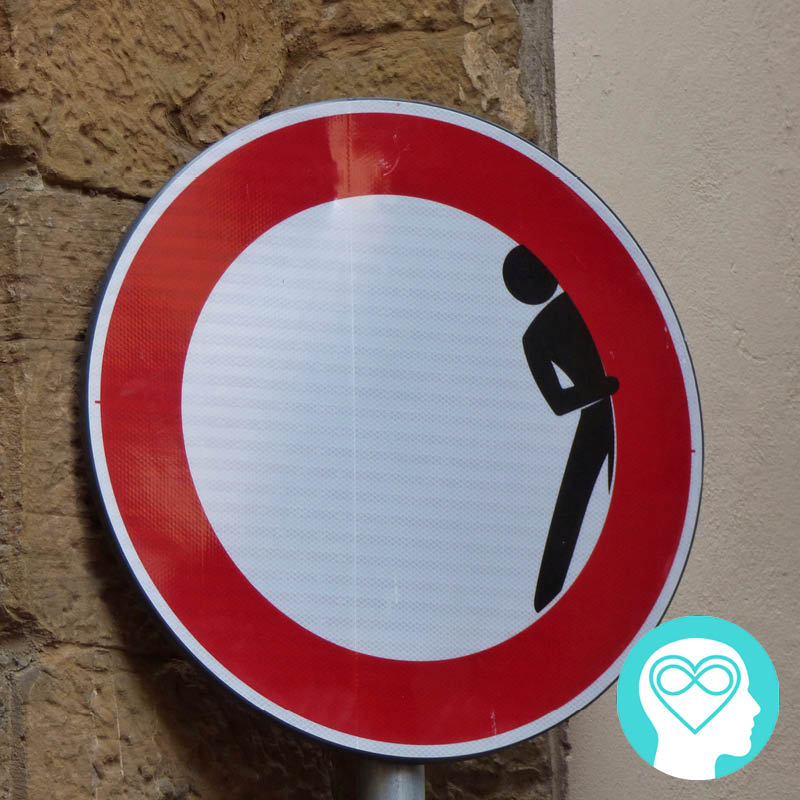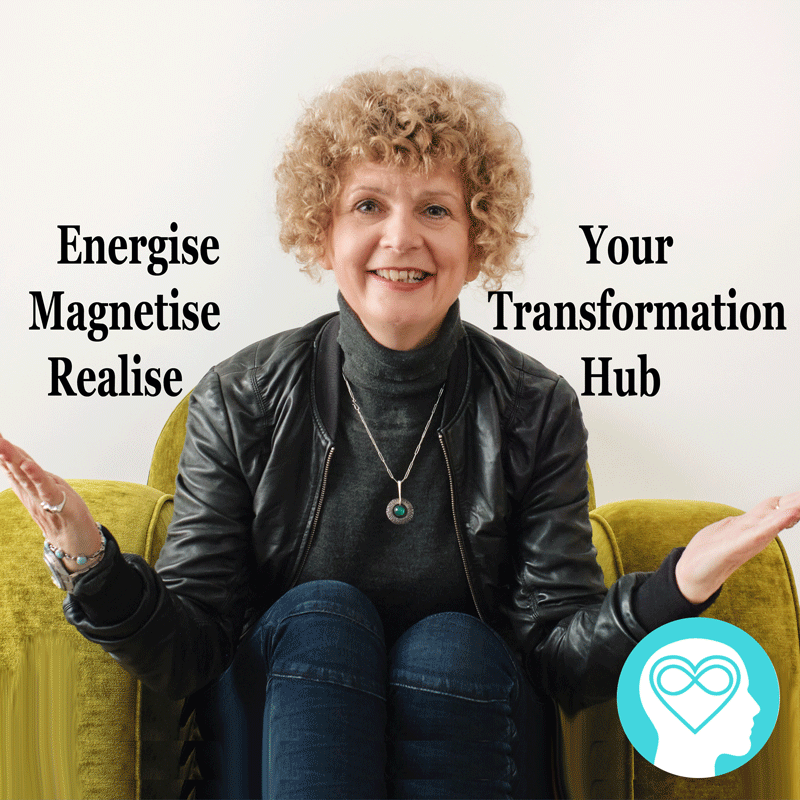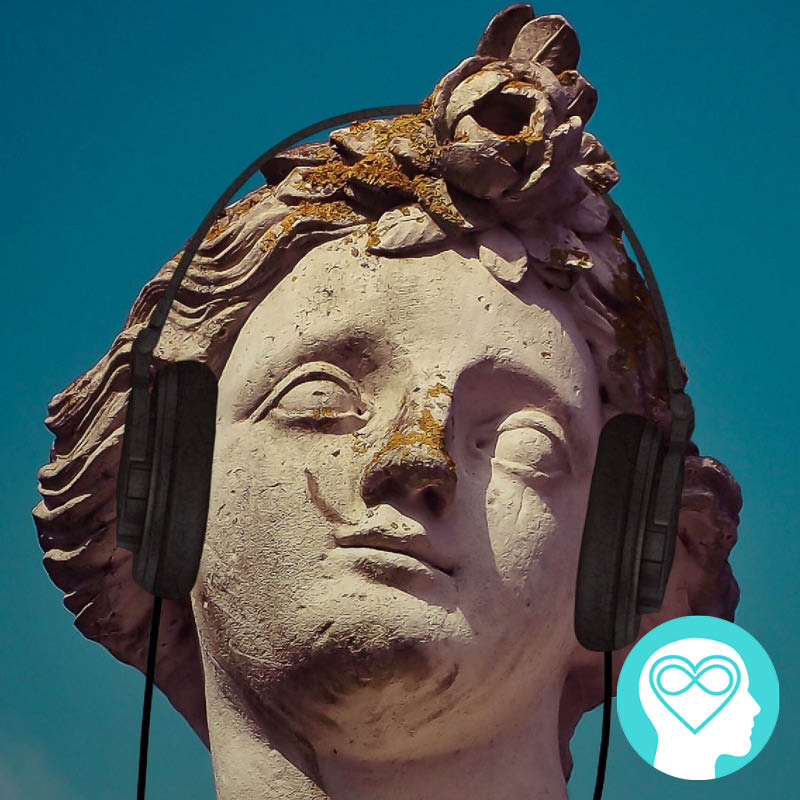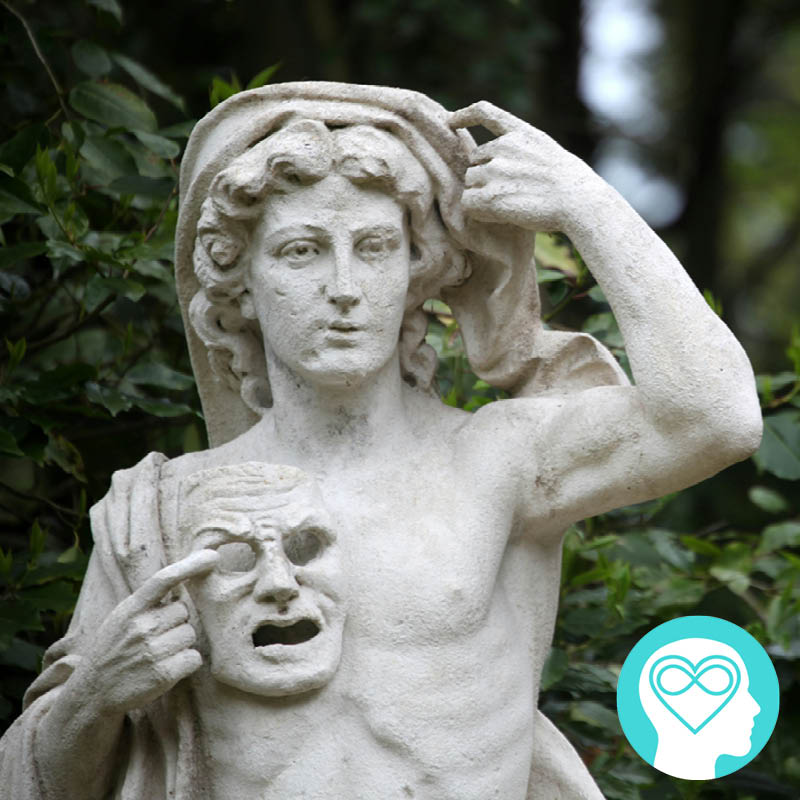Episode Transcript
[00:00:02] Welcome to the Making of youf. I'm Alexandria, founder of youf Transformation Hub and themasteryproject.com and now this podcast series. And we're on episode 36 today. Five Ways Courage is Misunderstood. So, you know me, I'm a bit of a clarity queen.
[00:00:21] So number one, I want to be looking at the foundational nature of the concept of courage.
[00:00:29] Now, courage for me is actually considered a spiritual tool. And if you would like a state of being so you can be courageous, you can also wield your courage and build your capacity for courage.
[00:00:47] So courage for me, I know in the traditional sense, we're conditioned and taught that courage comes that say, from the Dark Ages and the medieval knight fighting for the honor and glory of his beautiful princess.
[00:01:03] So we are conditioned to believe that courage comes out when our back's against the wall, when we're in trouble, and it is to polarize against a big bad enemy outside ourselves.
[00:01:17] So the first misunderstanding I want to highlight is courageous just simply is a spiritual tool which is beautiful and most importantly, it's neutral. All right? So you don't have to use courage in a polarized circumstance.
[00:01:35] And you know, if you've listened to any of my other episodes about heart, mind alignment, when we get polarized, we're splitting up our heart and our mind. We're actually putting ourselves out into an extreme and that's actually not really helping our capacity to create all, to arrive at the state of being or in the success or the fulfillment that we want.
[00:01:57] So please remember, courage is neutral, all right? It's a tool.
[00:02:02] And you don't have to fight, all right, something bad or an imaginary enemy in order to use courage. For me, the greatest courage is actually to use a little bit every single day. So I always encourage people, really, if you want to fuel that beautiful open mindedness and open heartedness, which is always going to give you the energy, the connectedness, the enthusiasm to do what you truly wish. Then you need to practice every single day. So practice by doing something random, something different, help your neighbour, help yourself, do something that you wouldn't automatically do or you don't find yourself doing on a regular basis. So shake it up a bit. And that is the key to the true nature of courage, which is to be open to each moment, okay? And that builds a fantastic confidence in your daily life.
[00:03:04] Okay? So number two, well, courage is also considered to be sort of all fired up and generally a bit of a, can we say, Aries quality in the zodiac or something that people would relate to as a Kind of leadership quality.
[00:03:23] Whereas courage for me is both a leader and a team player. And I think we can see that in all the spiritual tools that we have available to us now. People go, I'm not very courageous, just naturally not very courageous. And I'll go, trust me. Everyone has the tool of courage. We all use it uniquely and in our wonderful individual way.
[00:03:46] But you do have it. It's still a choice to use it. So all of your spiritual arsenal, if you will, you got to take the tool out and actually go right then, what does this mean? And give it a go. So courage, of course, is very much related to giving it a go.
[00:04:06] And also it can combine beautifully with the other qualities of faith and trust.
[00:04:13] So courage comes from within, most certainly. And one of the best ways to use it is not in ra, ra, ra, rush out and polarize mode, but to use it from the point of balance.
[00:04:28] So when we do that, then we've actually accessed our inner guidance, our inner knowing, our inner truth, our guide gut, our sentience, our intuition.
[00:04:40] And it takes a lot of courage often to stop, not react, not just blow up at the sadness or the outrage or the difficulty, but to actually stay within for a moment, check in with yourself and have the courage to say, what do I feel? What do I truly resonate with? How do I want to respond to? Truly, from your heart, center about whatever's going on.
[00:05:08] So you could say it's the courage to be peaceful. But this can be applied in lots of different ways because courage can be simply, as I said, to start any trusting process, leap of faith with a self loving balance point. Now, if you do that, if you leap from balance, then you're much more likely to land in balance and land. All right? So if you want the benefits, which I always talk about, that being in balance isn't boring, or I've got an episode on that, check on that. And it is about saying, I'm in a very strong position to create. I'm going to leap into the unknown. But when courage is balanced, then when I get to the unknown, I've got a really strong connection in order to create what I truly want at that point.
[00:06:01] So leap with courage, but leap with balance too. So that's one of the best ways that courage can benefit you. And you don't, as I said, have to be all fired up and reactive to benefit.
[00:06:18] All right, okay, so number three, well, every tool has a capacity and courage. I think people think you just all of a sudden have it and it just happens when you most need it, of course we have human instinctual aspects, for example, when we want to help someone who's injured, or we want to dive in and save a life, for example, or when we feel we have an urgent requirement to step back from circumstances which aren't for our highest good or aren't self loving.
[00:06:53] So yes, courage is always there to kick in. And courage will always mustard, if you will, or sort of put in front of our sentient face, all right, by our guidance or by our greater consciousness when it is messaging us to support ourselves and it's really urgent, or we're not in the most self loving place, but that's only one way or one area or one frequency in which courage functions. So courage is most important, as I've said in number one, to use every day, because if we do, then we're constantly making the unknown a friend.
[00:07:37] So we're building a kind of team with courage leading, but also being very aware and respectful of faith and the building of confidence, for example, and trust.
[00:07:51] So what courage will do is it will support us from the inside out in aligning truthfully with what works for us. And it takes a lot of courage to say, hey, that's a lovely offer, but actually if I go within, it doesn't really resonate with me and I don't want to do it. So when we know that we've got to honor our inner foundation first because that's going to give our short term and long term fulfillment, the fullest nurturing and the fullest energy, then we do need to say to ourselves, sometimes we have to recognize that courage is all about stopping, not fighting the outside, but building the capacity every single day to make the unknown a friend.
[00:08:39] So like the Irish say, the mysterious and the stranger in our life is simply a friend we haven't met yet.
[00:08:49] So courage is an excellent way to keep practicing to embrace everything that's outside the cube in our life. And we know that if we live inside the cube continually, then we're going to have a lot of problems with a degree of comfort turning into stagnation.
[00:09:09] So the key with courage, when we implement it every day, is what we're doing is a little bit like Nelson Mandela's very famous speech when he was talking about beginning a unified Republic of South Africa.
[00:09:26] He was saying that our greatest fear is actually our own greatness. All right? And so we need the courage to look inside ourselves and to silence the voice, for example, of our inner critic who goes, nah, you can't do that. You're useless. You're Crap, just stick to what you know, all of these type of commentaries that often we can hear and sometimes the outside world will actually pile in and reinforce those that aren't self loving and aren't supportive of who we can truly become.
[00:10:01] So the greatest courage indeed is to not listen to those commentaries, but to say, right, if I think, you know, I'm not that confident, what can I do? What can I choose, what can I, what can I apply and what can I enjoy to be able to say, hey, I did it and I've grown my capacity to be courageous.
[00:10:27] So just remember all spiritual tools because they are a tool and a state of being, they're growing that capacitance. So just imagine a battery. You know, if you've got rechargeables for your ring, doorbell, whatever, then you've got to pop them back on charge once a month. So that's what we're doing. Every experience we undergo, we are charging that battery of life and it's got more and more capacitance to help us and it will help us in good times and bad. But it is much more enjoyable to be in the balance point and to utilize the tools with great, should we say, spiritual mastery. So a bit of Jedi there because we've been actually wielding that tool every single day of our lives.
[00:11:14] And being courageous is extremely helpful because it's that open heart and open mind and the openness to just the neutral unknown coming into our lives and making a beautiful creative contribution through our choices.
[00:11:31] Alrighty, so number four.
[00:11:35] Well, as I mentioned briefly there in number three, yes, if we aren't courageous and we live inside the cube, then we can get to a point where sadly that cue becomes a bit of a comfort zone. And before we know it, that comfort zone can turn into stagnation.
[00:11:51] So it's really, really important that we look at that crucial phase and time and that we sense in our lives when that particular momentum is converting from comfort into stagnation.
[00:12:06] So one way, as I've said, is to use courage every day because then you're always, always gently moving and expanding if you like your cube or basically living outside of it for expansion and then popping home, but everything in us is continually transforming and expanding.
[00:12:25] So. But the courage with comfort zones, you can apply it to your personal truth. All right? And I know we're moving into an age where technology is going to be, you know, and is now very helpful, but we're also moving into a place where AI wants more and more to choose on behalf of us to help us, but to do it a lot for us. So I am just flagging that. Courage is also the capacity to constantly check in with ourselves is what I'm being helped with, is the outside world's influence actually honoring my personal truth. If I'm getting confused, if I'm kind of way following what's happening out there and I don't necessarily agree with it in here, how can I basically muster my energy and my courage to go back within and listen to what I truly feel?
[00:13:21] So there is a little bit of an issue developing in our society that the comfort means that we are forgetting what we're choosing or we're not choosing actively or don't have the. The courage to choose actively every day.
[00:13:36] So just be aware that just because we're comfortable doesn't mean to say we're learning. And the courage is always to be risking. And it doesn't have to be big, huge risks, like you're going to risk the whole, I don't know, value of your house on a business or, you know, we're all got different levels of risk. All right? It doesn't have to be dramatic, but it is both embracing the courage to fail and the courage to be successful, because both of them yield learning. And so courage is saying, I don't really actually care if you fail or if you succeed. What I care about is your making experience. And you're not sitting inside the cube and basically potentially going into stagnation and wasting your life and basically being told what to do all the time.
[00:14:22] Okay, so last point today, five, courage. Well, one of the other great things, apart from absolutely having the courage to be your own greatness, your brilliance, and to honor your intuitive and inner voice, is not to judge. Oh, gosh, what a huge subject. And we haven't got long, but what I will say is I'm just going to talk about judging as polarizing, all right? Looking at everything as good or bad, rather than perhaps looking at that glorious Technicolor between the black and white. So I always say to people, please look at the unknown as neutral.
[00:14:57] Please have the courage to say, hey, it's an option not to pile in and blame or react or label it as immediately bad, but just go, hey, it's a choice, but it's not actually something that I want to choose. So having the courage simply not to label, to remain neutral, but also to say, I've got the power to choose, and it's up to me to take responsibility and I can do it if I'm courageous enough again to listen to myself rather than spending my energy fighting outside of myself or blaming something that I can't actually potentially change because I'm not actually fueling what I truly want.
[00:15:40] So have the courage not to judge, but to choose. And if it's not what you want, really invoke that power to choose.
[00:15:49] Okay. I'm Alexandria and thank you so much for joining me today for episode 36 and I look to forward forward to meeting you again at episode 37. Thank you very much.






